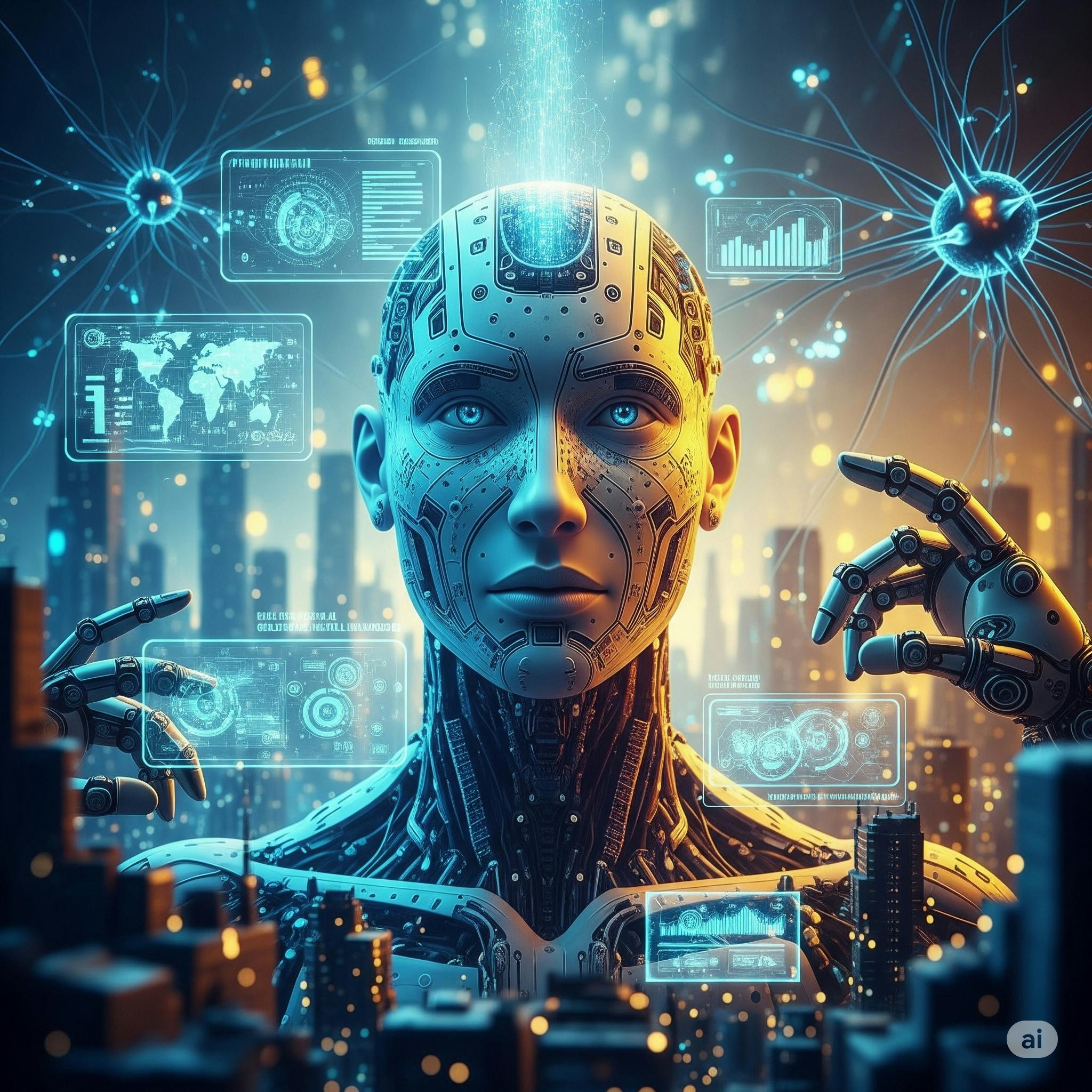
"Traditional AI excels in specific tasks but lacks the comprehensive capabilities of human abilities, necessitating human oversight for effective output."
"Artificial General Intelligence (AGI) aims to replicate human-like understanding and application across a broad spectrum of tasks, including emotional intelligence."
"Leading tech companies are competing to achieve AGI, viewed as a 'paradigm redefining' technology, though passing the Turing Test remains a distant challenge."
"Concerns around AGI's potential impact on employment underscore the importance of careful development, as current AI already leads to substantial job losses."
Traditional AI excels in specific tasks but lacks the ability to replicate the full spectrum of human abilities, requiring human oversight for effective outcomes. In contrast, Artificial General Intelligence (AGI) aspires to comprehend and perform tasks akin to humans, encompassing emotional intelligence as well. Major tech firms like Google, OpenAI, and Meta are in a race to develop AGI, which must clear the Turing Test to be recognized as equivalent to human intelligence. However, the onset of AGI may be decades or centuries away, raising concerns about its impact on employment already felt with current AI.
Read at Hackernoon
Unable to calculate read time
Collection
[
|
...
]